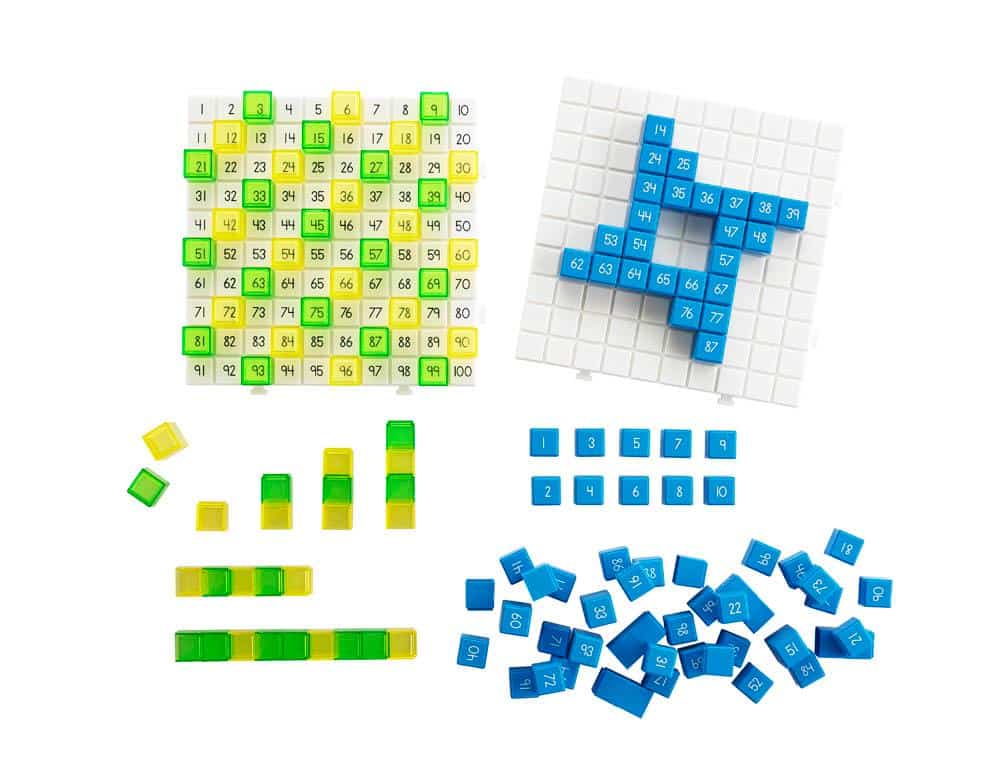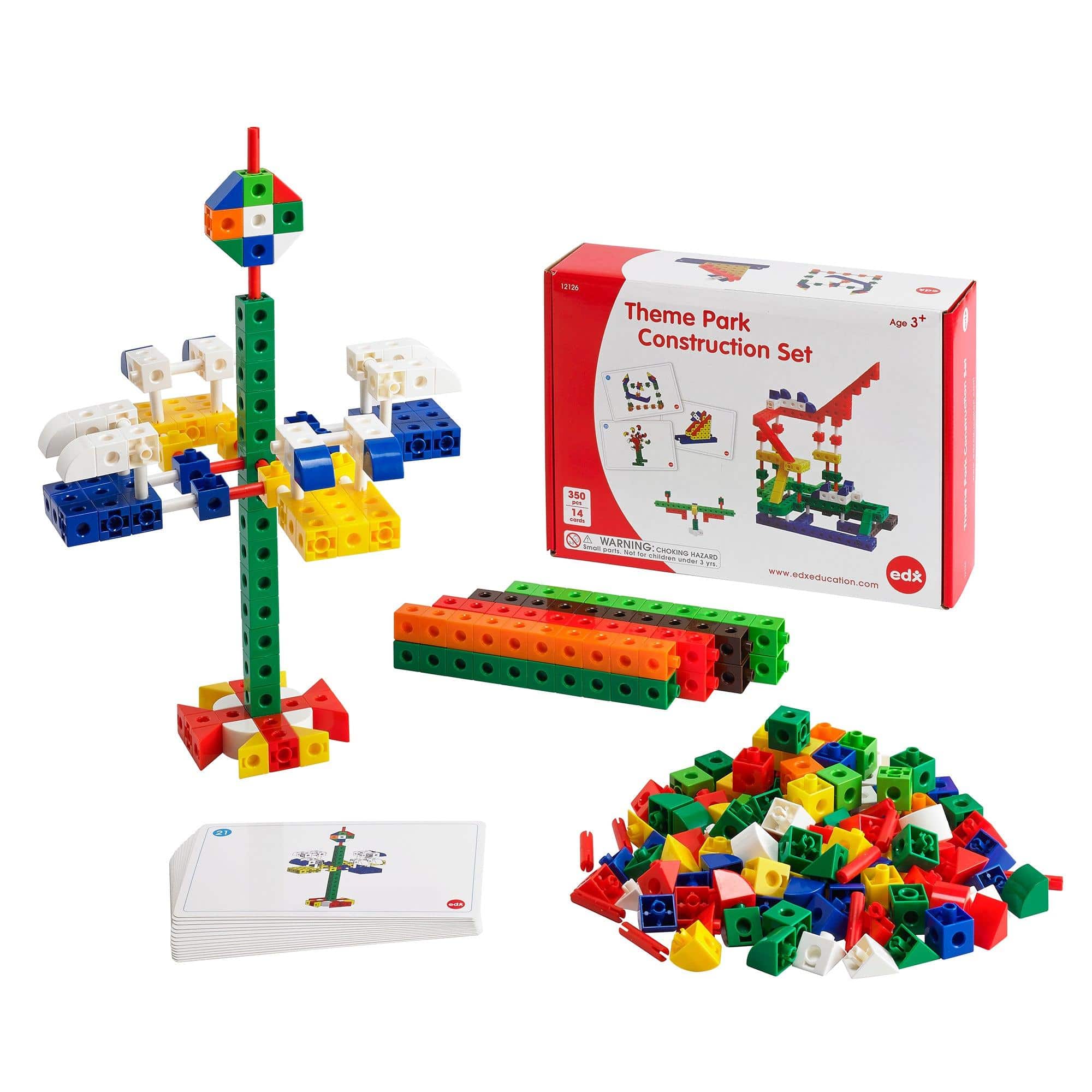The Influence of Toy Preferences on Career Aspirations
Introduction
In today’s society, we often overlook the impact that childhood experiences can have on shaping an individual’s future aspirations and career choices. One such influential factor is the type of toys children play with during their formative years. This blog article aims to explore the relationship between toy preferences and career aspirations, shedding light on how early exposure to certain types of toys can shape a child’s interests and ambitions in adulthood.
The Power of Play
Play is an essential component of childhood development. It fosters creativity, imagination, social skills, and cognitive abilities. Through play, children explore the world around them and develop skills that will form the foundation for future endeavors. Toys play a vital role in this process, as they provide children with a means to engage in different forms of play.
Impact on Gender Stereotypes
Traditionally, society has enforced rigid gender stereotypes, assigning specific toys to boys and girls. Boys are encouraged to play with action figures, building blocks, and vehicles, while girls are often given dolls, kitchen sets, and dress-up toys. These gendered toys inadvertently perpetuate stereotypes and limit a child’s exposure to diverse career possibilities.
The Influence on Career Choices
The toys children play with can significantly influence their perception of various careers. For example, boys who engage with construction sets may develop an interest in architecture, engineering, or construction jobs. Similarly, girls who play with science kits or puzzles may become more inclined towards STEM-related fields, including science, technology, engineering, and mathematics.
Features
- 1. Encouraging non-gendered toys that foster inclusivity and diversity
- 2. Providing exposure to a wide range of toys representing various professions
- 3. Creating educational toys that spark curiosity and exploration
- 4. Promoting role-play toys that allow children to imagine themselves in different careers
- 5. Developing toys that challenge traditional gender norms and encourage individual expression
Breaking the Mold
While society has made progress in breaking down gender stereotypes, there is still work to be done. Toy manufacturers, parents, and educators all play a crucial role in providing children with a diverse range of toys that challenge traditional gender norms and inspire them to explore various career paths.
Conclusion
Toy preferences during childhood can have a lasting impact on career aspirations. By offering children a wide array of toys and encouraging diverse play experiences, we can help shape a future generation that is empowered to pursue their passions, regardless of societal expectations. Let’s break the mold and create a world where toy preferences do not limit a child’s potential. Together, we can unlock a world of possibilities!


